A brief introduction to the Environmental treatment of Coffee beans in Alida Manor, Panama
A Brief Introduction to the Methods and Methods of Treating the Planting Environment of Coffee Beans in Panama Arida Estate
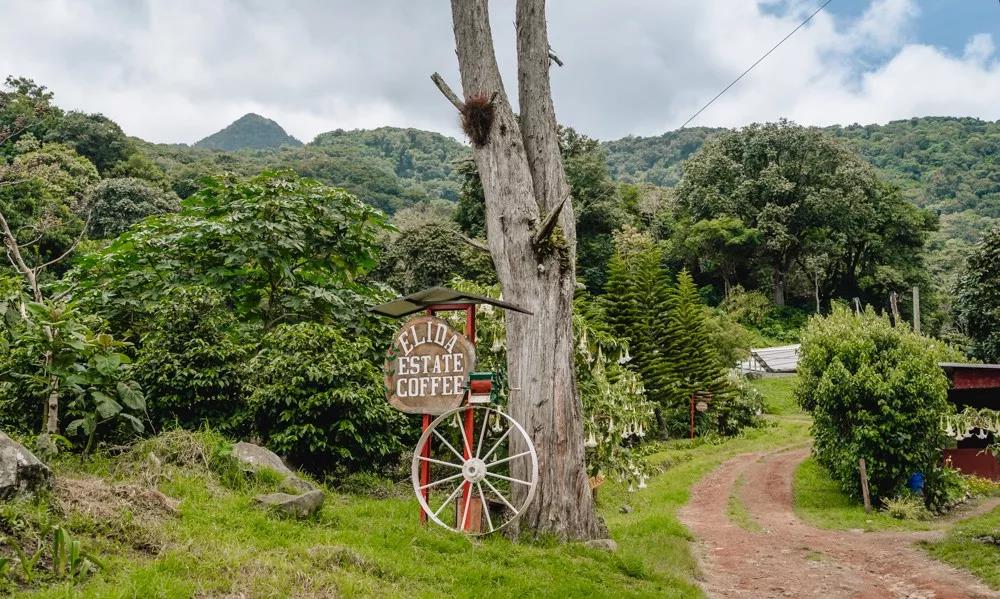
Panama Elida Estate is located in Panama's famous boutique coffee producing area-Poquet. Elida Estate has a total area of 65 hectares, more than half of which are located in Baru Volcano National Park, only 30 hectares of the estate are planted with coffee trees, and the rest are still virgin forests. Coffee is grown at altitudes ranging from 1670 to 1850 meters and is one of two coffee estates in Panama at very high altitudes (the other estate at this altitude is Carmen Estate in the Vulcan Valley).
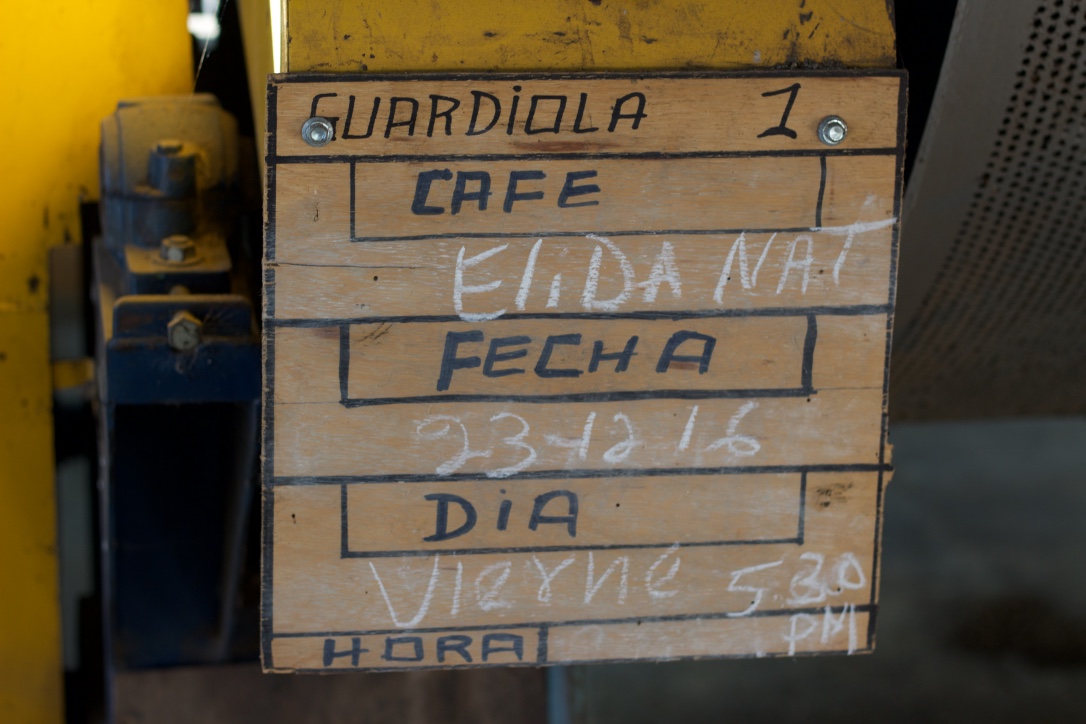
At this altitude, the low temperature caused the coffee berries to mature a full month later than normal; the fertile volcanic soil provided sufficient nutrients for the coffee, coupled with the good microclimate brought by Baru volcano, so that Elida Manor can repeatedly win cup test results.
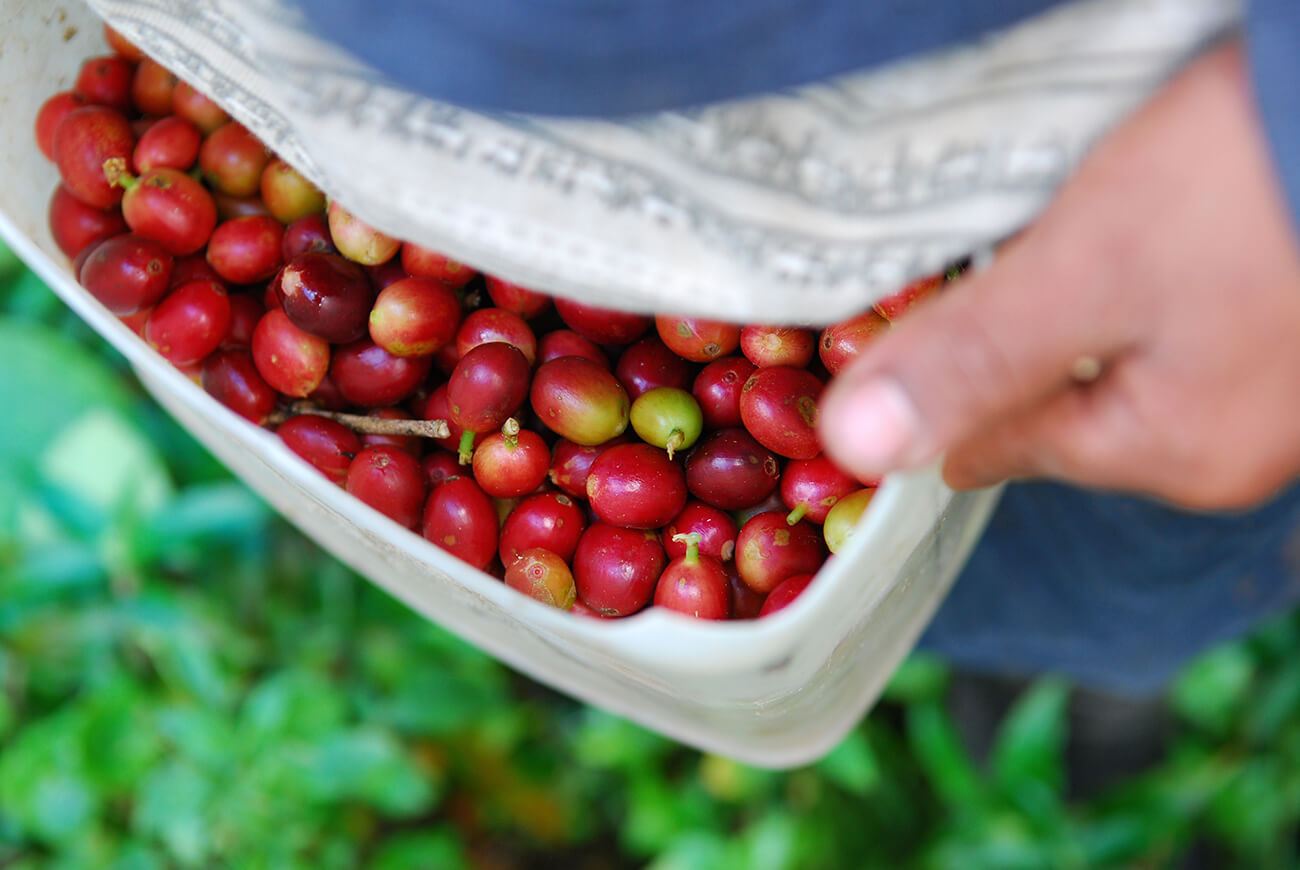
Elida Manor mainly has three varieties planted, namely Catuai (Catuai), Typica (Iron Pickup) and Geisha (Guixia). The processing plant of the manor is located halfway up the mountain. After coffee is picked, it can be transported to the factory for processing as soon as possible to ensure that the quality of coffee fruit is not affected. Elida's environment is also suitable for growing other high-quality temperate crops, especially tree tomatoes and some unusual high-altitude fruits. Interestingly, the taste of these fruits can often be found in Elida's coffee.
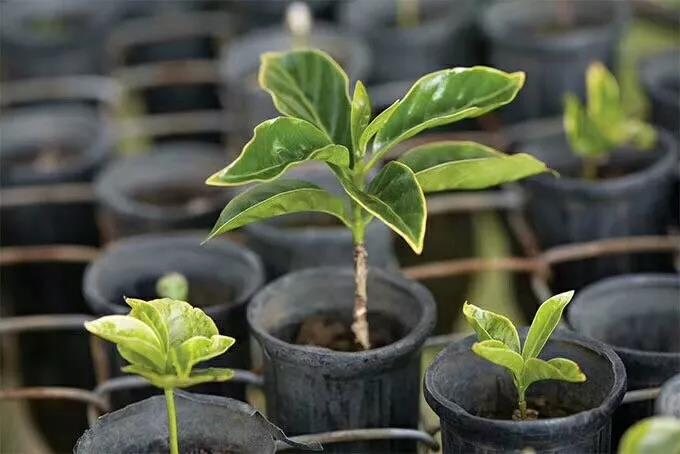
Alida Estate is the most famous estate of the Lamastus family. Founded in 1918, it has been a century since Robert Lamastus, founder of the Lamastus family coffee estate, planted the first coffee tree and witnessed the popularity of fine coffee worldwide.
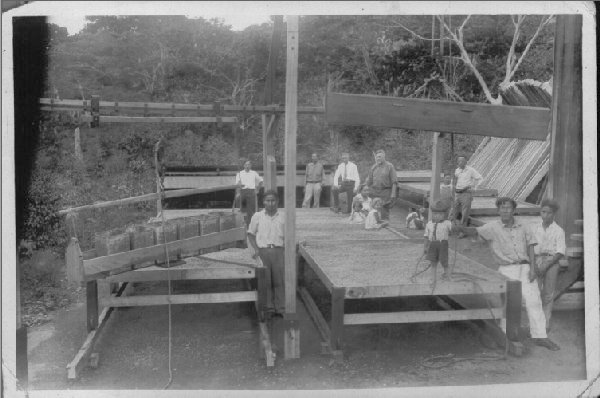
Alida Estate is the most famous estate of the Lamastus family. Founded in 1918, it has been a century since Robert Lamastus, founder of the Lamastus family coffee estate, planted the first coffee tree and witnessed the popularity of fine coffee worldwide.
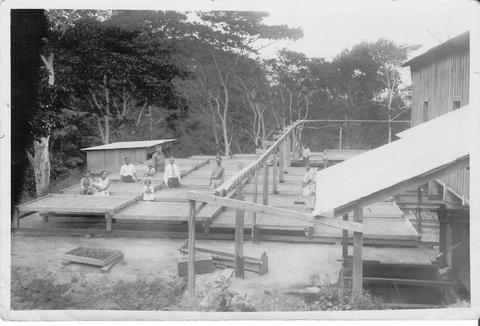
To this day, Elida Manor continues to be handed down by the descendants of the Lamastus family, including Wilford, Wilford's father Thatcher, Wilford's son/fourth generation successor Wilford Jr.
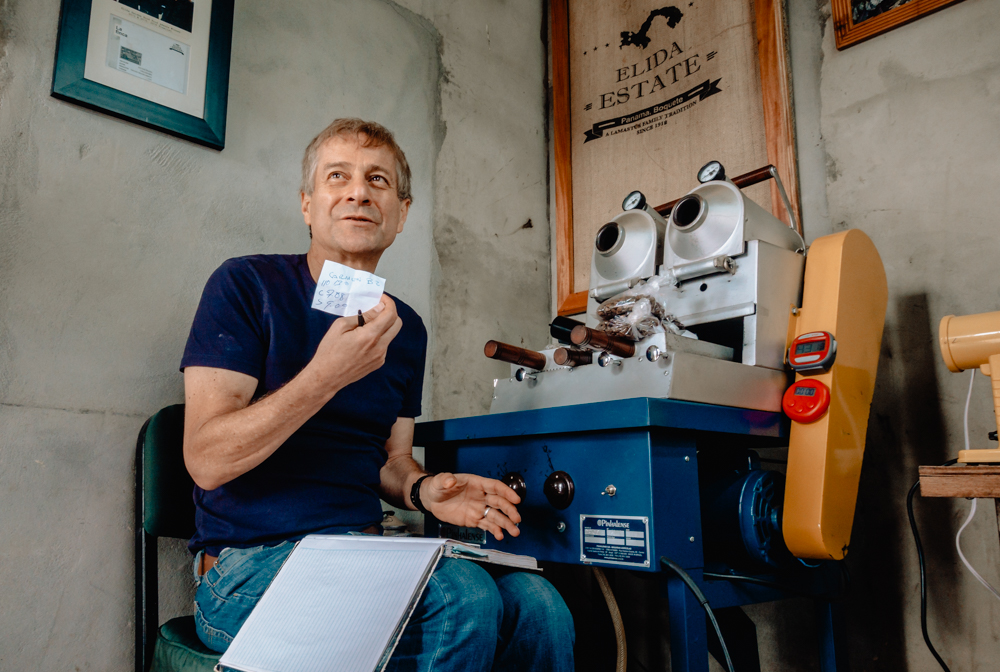
As a traditional coffee family, coffee has been integrated into their family genes. Wilford was born on a small coffee farm, where his parents were also born, and now produces coffee from Elida Manor, Donkey Manor and Luito Manor.
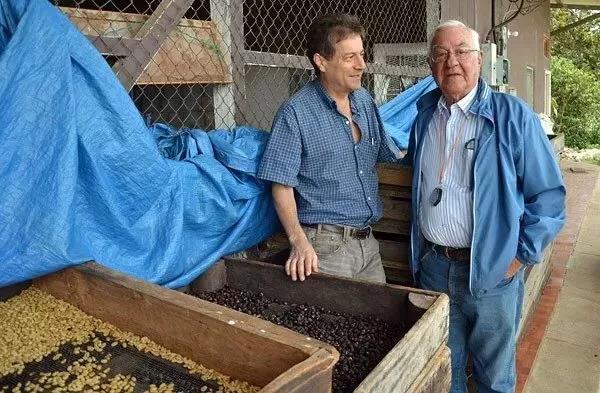
In addition to the exceptional high altitude and microclimate, the owner of the estate, Mr. Wilford, has also made considerable efforts in harvesting and processing. In order to achieve the highest standards, Elida Manor coffee only allows hand-picked ripened coffee fruits (Ripe on Pinton). The high maturity of the fruit and the naturally high sugar content of pectin are also the basis for producing Elida's high quality flavor.
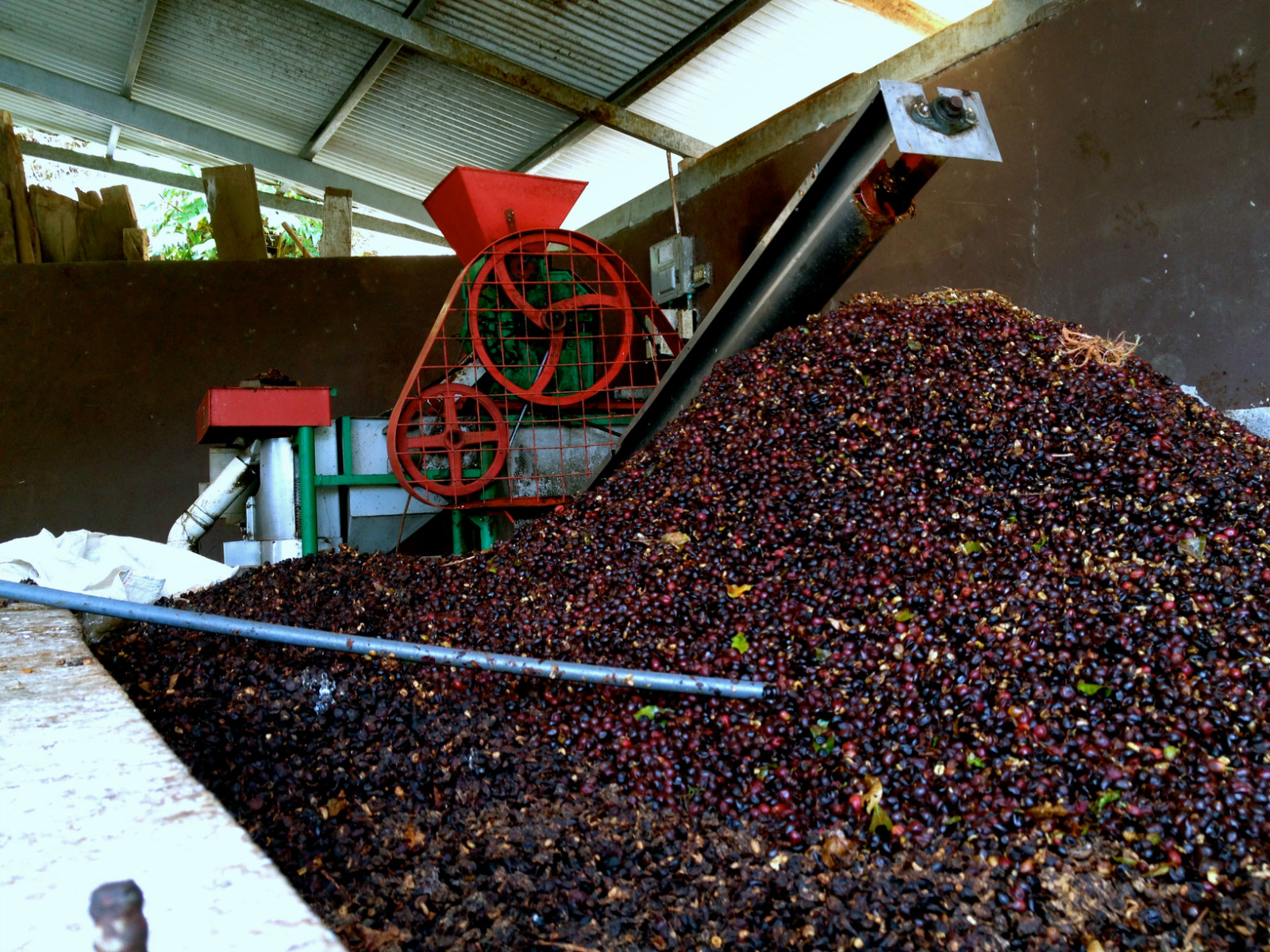
Mr. Wilford, the owner of the estate, in addition to being extremely strict with coffee cultivation, is also more rigorous than the same industry in the purification of green beans after processing. For Panama Elida, it takes more than 5 months of low temperature Resting to green the green beans after processing, so that the coffee flavor can be more balanced and full.
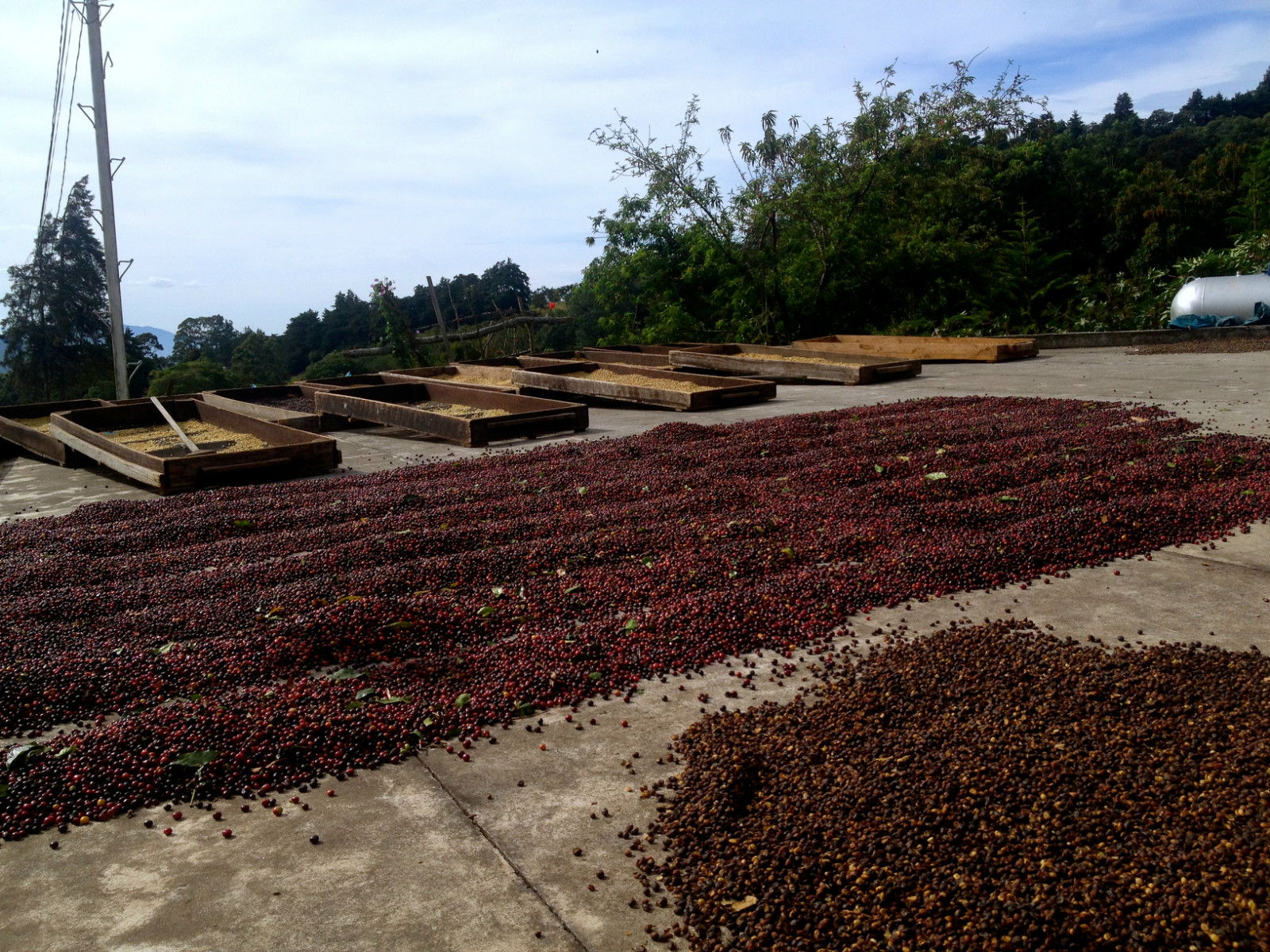
(Low temperature Resting is a concept of raw bean purification that was vigorously promoted by coffee master George Howell in 2006. We found that raw beans in subtropical areas need to be placed at low temperatures, but different treatments and altitudes will change the time of low temperature Resting. For Panama Elida, 5 months of low temperature Resting is the best)
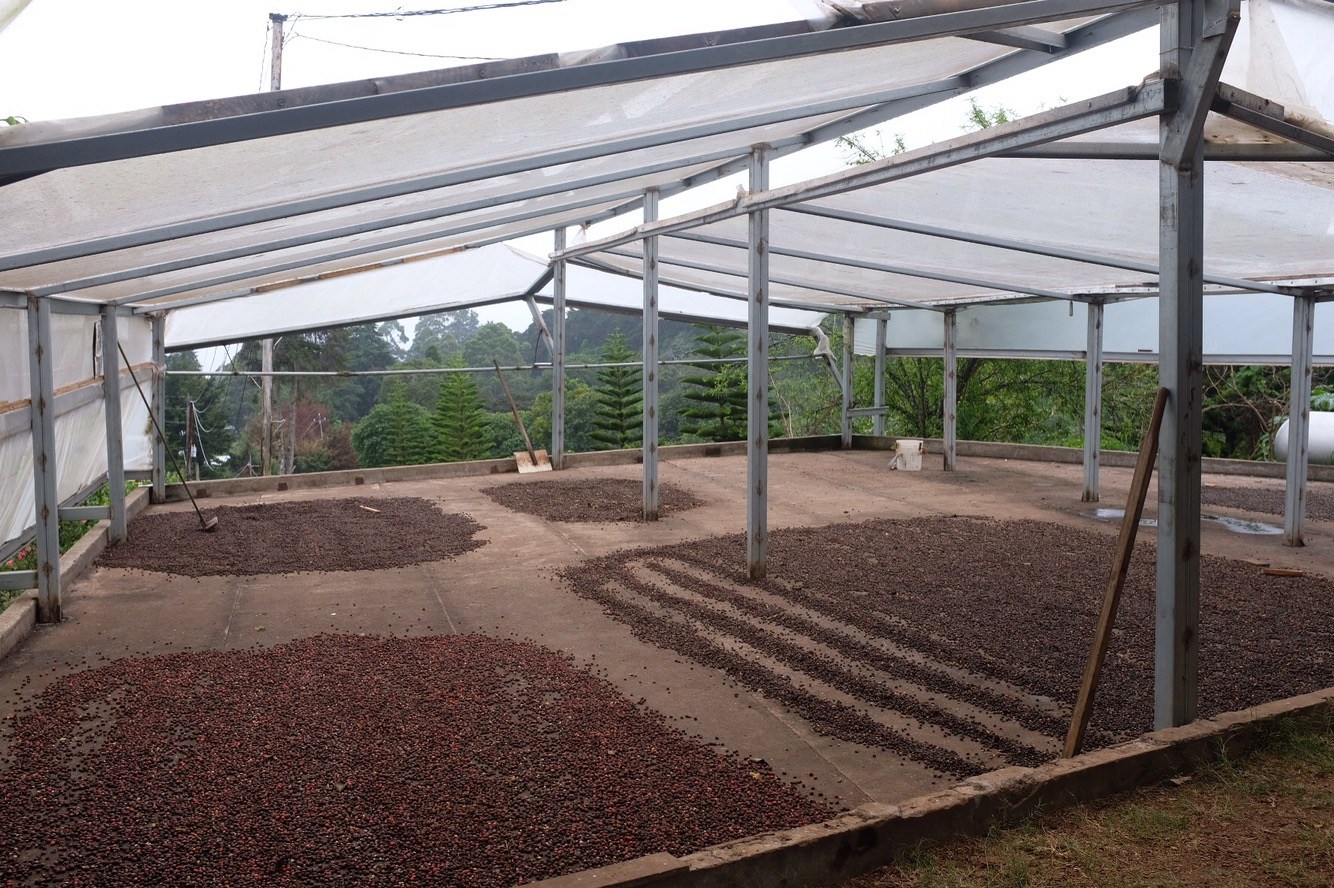
The oldest coffee estate in Panama and one of the highest in the Poquete region, a summer estate grown at an extremely high altitude (2050m). Not only won many BOP championships, but also the BOP cup score record holder (in 2018, Elida Green Top Wash Summer scored 94.66, breaking the BOP Elida Green Top Wash Summer record of 94.15 in 2016).
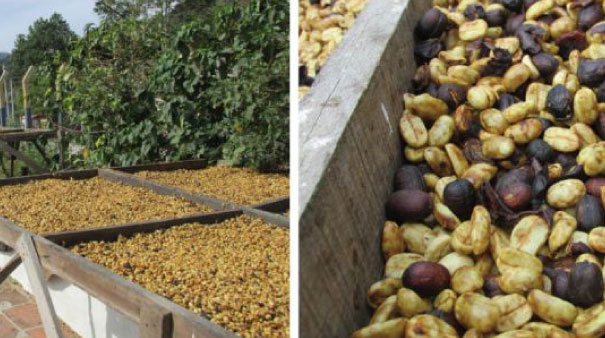
In addition to creating good conditions for coffee cultivation, the Lamastus family, which runs Elida Estate, has planted many different native tree species on the estate, not only to shade the coffee trees, but also to provide a friendly habitat for birds. In terms of fertilization, Lamastus family uses artificial fertilization and small amounts of chemical fertilizers, but never pesticides and herbicides harmful to the environment.
Elida's selected batches are ranked among the best Panamanian winners every year. The price is expensive every year. Elida should be regarded as the most "Kenyan blackberry" among the Central American estates. Its black berries and persistent compound fruit flavors are often praised. The judges also flocked to Elida's unique "fresh delicious", which comes from "Umami". At present, many experts include "umami" in the five tastes (sour, bitter, salty and fresh). The effect of umami is similar to monosodium glutamate. Food that freshens or makes soup, such as dried mushrooms, dried cheese and kelp, can be found in the existence of umami. The umami flavor in coffee is associated with a good "aftertaste," such as a long and pleasant aftertaste after sipping, which is a delicious taste experience.
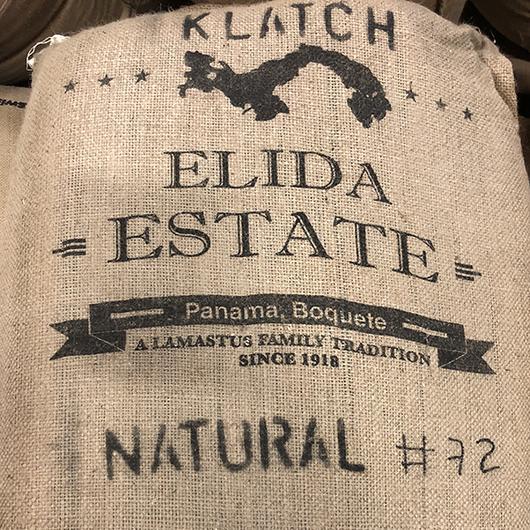
Typica is one of the oldest varieties of Arabica coffee found today, the other being bourbon. The Arabica species originated in Ethiopia, where it still grows naturally today in the pristine rainforest upland.
Iron pickup bean slender, tall tree, fruit oval, branches slightly inclined. Iron pickup four slender, into a spread potential, tilt angle of 50- 70 degrees. The coffee yield per tree is very low, but the cup score is high.
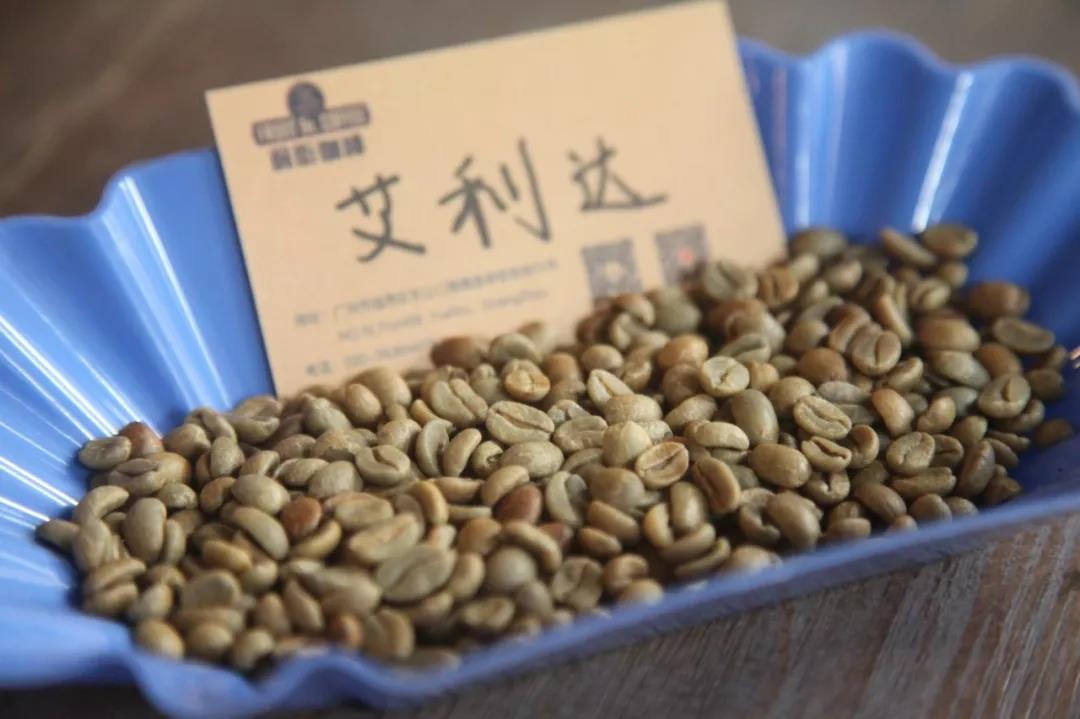
The equipment and processing steps of Elida's processing field are all exquisite. Generally speaking, if the water content of coffee fruits processed to a certain stage exceeds 20% for a long time, the good quality ingredients in coffee fruits are not only easy to lose, but also may produce peculiar smell. In addition, Elida's processing field is still high in altitude, so there is a dedicated processing equipment to control the temperature and time during drying. This must be controlled properly.
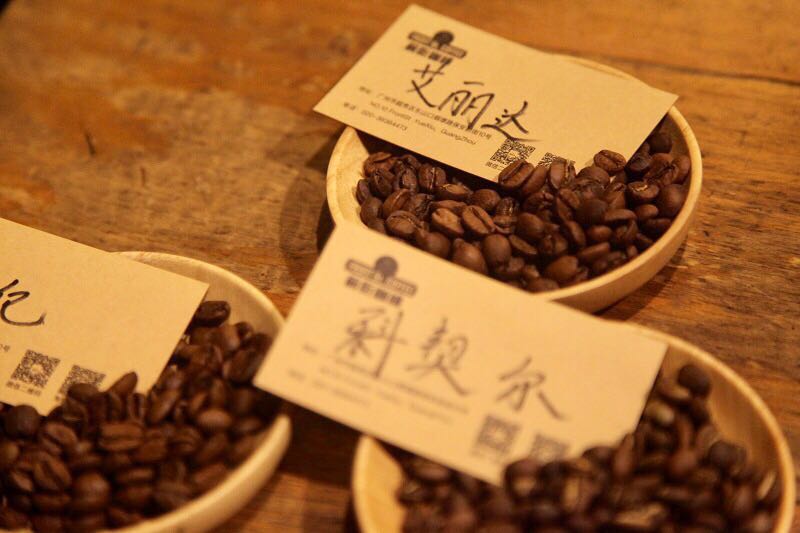
Green beans are obtained by sun treatment, rare in Central America, by artificially harvesting dark red-purple berries at peak maturity and exposing them to direct sunlight for more than two weeks. The berry pulp sugar and sun microbial fermentation products are concentrated and integrated into the coffee beans, giving this rare sun-cured version of high-altitude Panama coffee a rich dry aroma of strawberries, cream and toast, and the coffee transforms into a rich berry and tropical fruit mix.
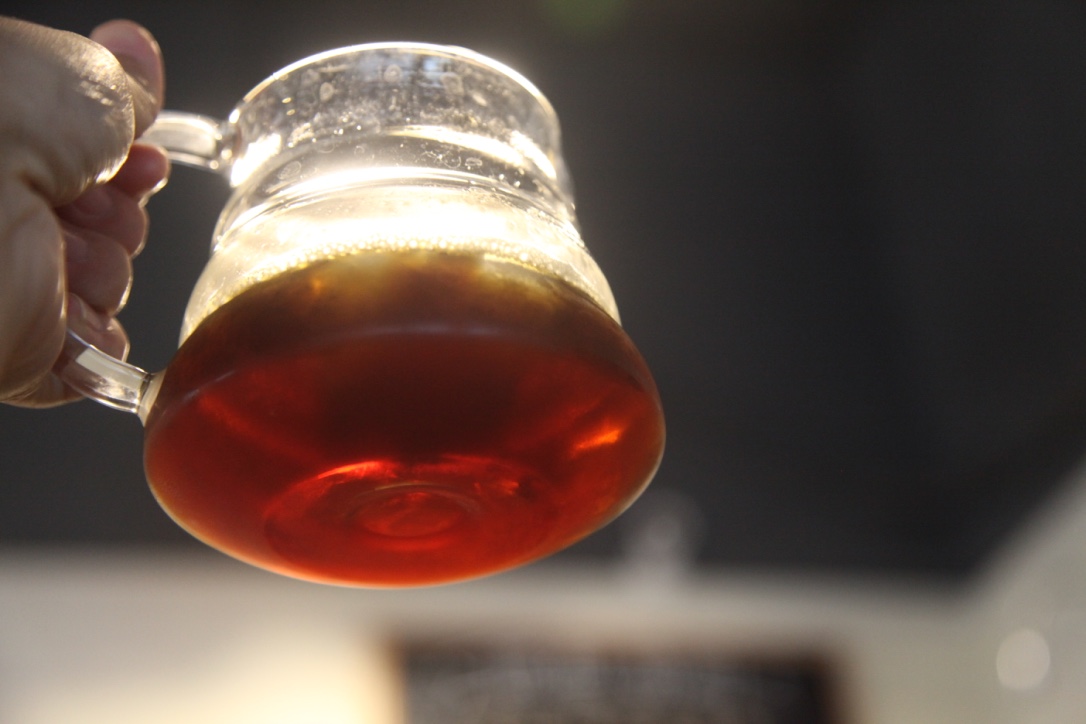
Front Street Coffee Recommended Brewing Method: Siphon, Hand Flush
Abrasion: 3.5 (Japan Kofuji R440)
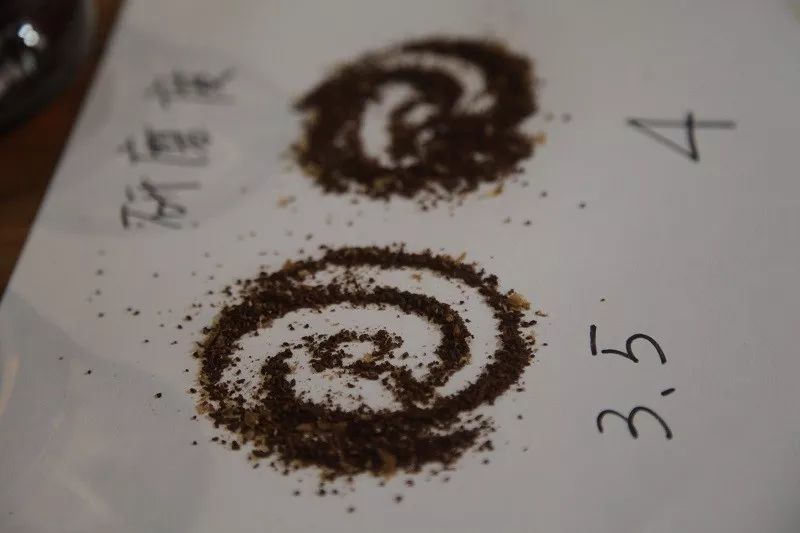
V60 filter cup, 15 grams of powder, water temperature 90 degrees, grinding 3.5, water powder ratio close to 1:15
30g water steams for 30s
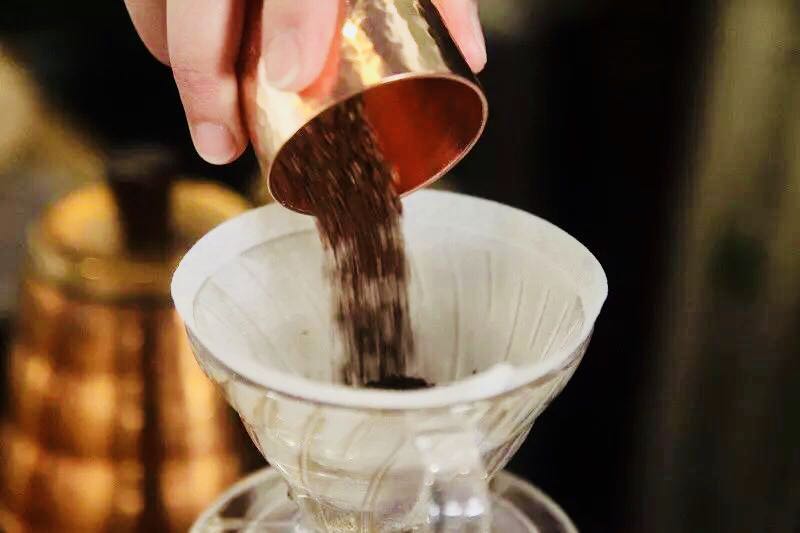
Staging: water injection to 120ml, water cut off slowly to 225ml,
30-120-225
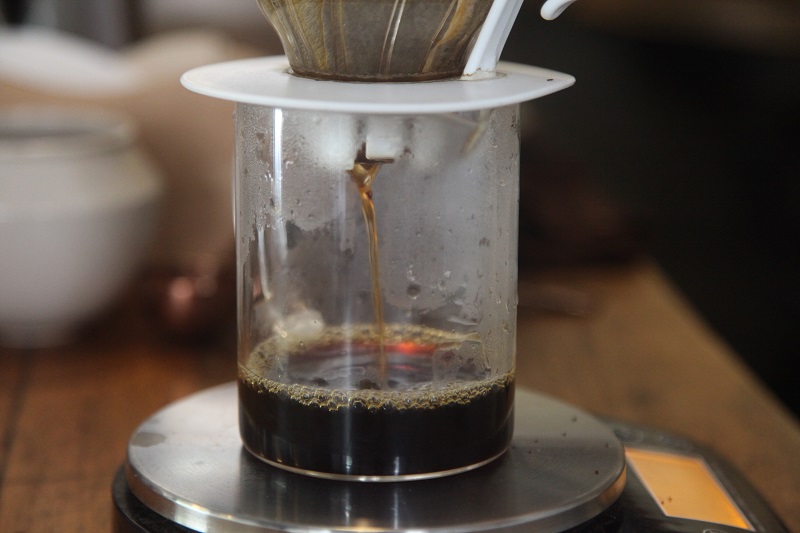
The taste of peach, raisin and orange can be clearly felt in the mouth, and the sweetness of sugar and melon gradually emerges. The tail section has the flavor of grapefruit and green tea.
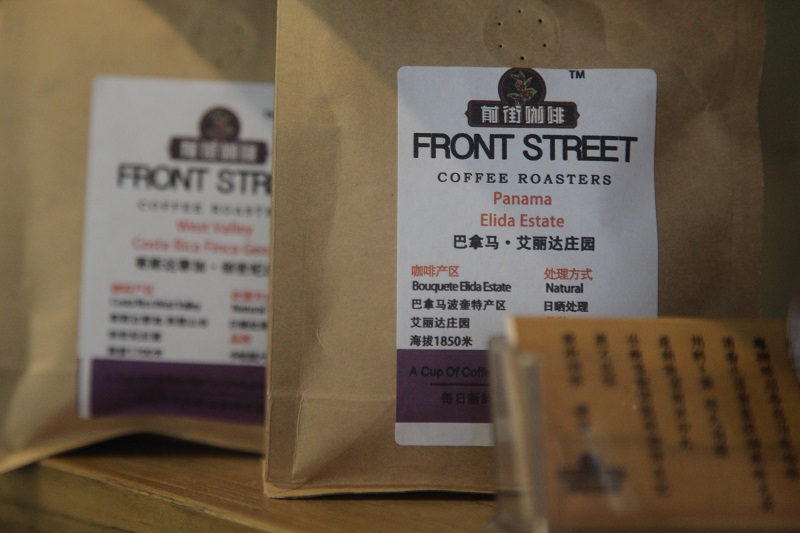
Buy Link: item.taobao.com/item.htm? spm=a1z10.3-c-s.w4002-15673140470.10.f7241b50pCetSi&id=575648438828
Important Notice :
前街咖啡 FrontStreet Coffee has moved to new addredd:
FrontStreet Coffee Address: 315,Donghua East Road,GuangZhou
Tel:020 38364473
- Prev

What are the details of the three continents and the introduction of the species and varieties of coffee beans?
Details of the three continents and varieties of coffee beans from three continents Colombian aroma 3.5 minutes brightness 4.5 minutes mellow 3.5 minutes flavor 4.5 minutes aftertaste 4.5 points suitable for roasting: Medial/City/Full city/Espresso/Dark/French Colombian beans are one of the few coffee beans roasted from shallow to very deep roasting
- Next

A brief introduction to the characteristics and flavor description of coffee beans in Ireta Manor, Panama
Description of the characteristics and flavor of coffee beans in Manor Ireta, Panama, after grinding, you can obviously feel an elegant floral fragrance, fresh and elegant, but it is not like Yega Xuefei's floral fragrance rising all the time, but a feeling of eloquence. In addition, there is obvious honey sweetness, the overall dry fragrance is low and melodious, the honey sweetness is more prominent after water injection, and the coffee entrance is very soft sour.
Related
- Does Rose Summer choose Blue, Green or Red? Detailed explanation of Rose Summer Coffee plots and Classification in Panamanian Jade Manor
- What is the difference between the origin, producing area, processing plant, cooperative and manor of coffee beans?
- How fine does the espresso powder fit? how to grind the espresso?
- Sca coffee roasting degree color card coffee roasting degree 8 roasting color values what do you mean?
- The practice of lattes: how to make lattes at home
- Introduction to Indonesian Fine Coffee beans-- Java Coffee producing area of Indonesian Arabica Coffee
- How much will the flavor of light and medium roasted rose summer be expressed? What baking level is rose summer suitable for?
- Introduction to the characteristics of washing, sun-drying or wet-planing coffee commonly used in Mantenin, Indonesia
- Price characteristics of Arabica Coffee Bean Starbucks introduction to Manning Coffee Bean Taste producing area Variety Manor
- What is the authentic Yega flavor? What are the flavor characteristics of the really excellent Yejasuffi coffee beans?

